‘Ice’ Inquiry hears more pregnant women using drug
For the first time in 35 years, the drug ice, rather than alcohol, is the most common drug addiction in pregnant women presenting at a leading Central Coast treatment service, a special inquiry has heard. Other services around NSW reflect the same trend.
- Real estate agent savaged by dogs
- Ex NRL Cheer leader to make pro boxing debut
- Man blew 0.208 after being forced off M1
For the first time in 35 years the drug ice, rather than alcohol, is the most common drug addiction in pregnant women presenting at a leading Central Coast treatment service, a special inquiry has heard.
The Special Inquiry into the Drug Ice held hearings at East Maitland on Thursday heard two Central Coast experts in the treatment of pregnant women with substance addictions talk of the rising tide of problems caused by ice.
Meanwhile at the Calvary Riverina Drug and Alcohol Services, in the state’s south, manager Brendan McCorry also said alcohol and marijuana had been the biggest problems in the past, but they had both been taken over by ice.
His 500 assessments a year are almost all now related to meth, and include girls from 12 to women of 50, and many pregnant women.
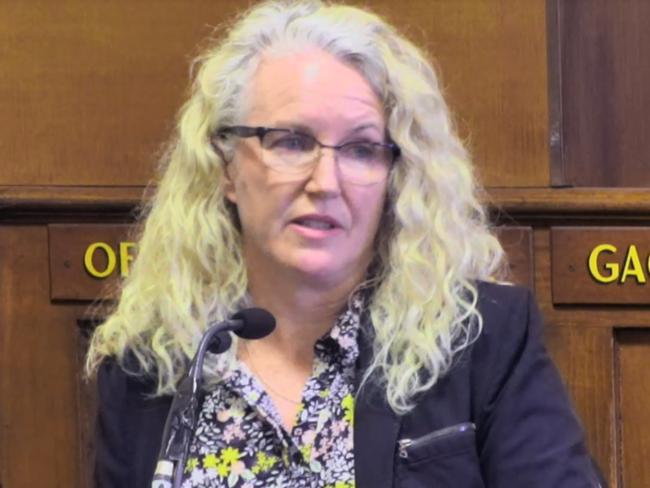
ICE ON THE COAST
Kamira Alcohol and Drug Treatment Service CEO Catherine Hewett and Clinical Nurse Consultant at Central Coast Substance Use in Pregnancy and Parenting Service, Gail Hartley, painted a bleak picture of services struggling to cope with too many cases and not enough resources.
Kamira chief executive officer Catherine Hewett told the inquiry ice use had skyrocketed in the last two years.
She said demand for treatment in pregnant women had risen by 500 per cent in that time and that nearly all the women seeking treatment at the residential facility were using ice throughout their pregnancy.

“Twenty-seven women were assessed last year but many requests didn’t proceed to assessment because the waiting list is more than four months,” Ms Hewett said.
Ms Hewett said Kamira had received 605 requests for treatment but was only able to admit 48 — all of them using ice.
Catherine Hewett said Kamira had been operating in Wyong since 1995 and was one of three similar residential care facilities in NSW.
The facility has 22 beds and caters to women, pregnant women, and women with dependent children, with drug problems.
“We could easily fill another 20 places and the other facilities would be in the same boat,” she said.

However, Ms Hewett said the issue of ice was not a “new conversation”.
“Kamira has been reporting and providing evidence on the lack of pregnancy specific treatment to meet the demand, at both state and federal levels, from 2009 with no response,” Ms Hewett told the Inquiry.
The Substance Use in Pregnancy and Parenting Service was facing the same kinds of issues.
Despite having just one-and-a-half full-time equivalent staff, the service has had 111 referrals in the past 12 months.
In her submission to the inquiry, clinical nurse Consultant Gail Hartley said the service had to adapt to the demand which was “well in excess of what we can offer with the current limited funded resources”.
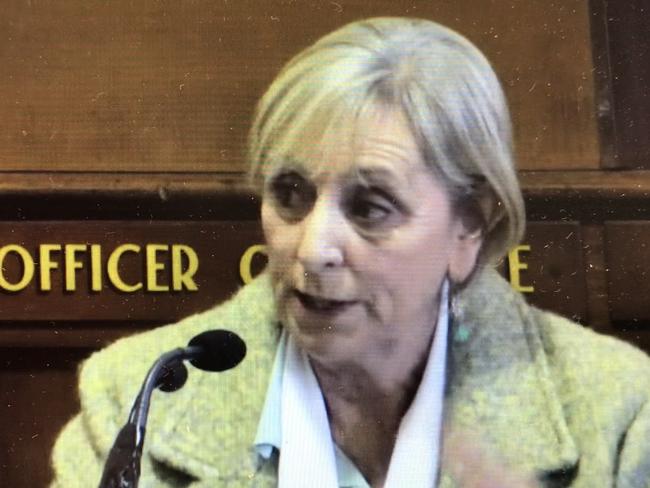
She said 11 out of 18 families in their home visiting program were using or had used ice.
Both women said the main problems facing health providers were the scale of the ice problem, lack of resources, funding uncertainty and short-term funding.
They said a chronic lack of affordable housing was adding to an already complicated tangle of drug use, domestic violence, intergenerational trauma and substance abuse and homelessness.
The Special Commission of Inquiry into the Drug ‘Ice’ is investigating the nature, prevalence and impact of the drug in NSW.
The inquiry is being heard by Commissioner Professor Dan Howard.
STATE-WIDE SCOURGE
Calvary Riverina Drug and Alcohol Services manager Brendan McCorry said alcohol and marijuana were the big problems in the southern NSW region, but they had both been taken over by ice.
His 500 assessments a year are almost all now related to meth.
He is staggered too by his clients, with the average age of the user in the mid-30s but some as young as 12 and others over 50 years.
Equally concerning are the number of female patients, either mothers or pregnant.
“A majority self-refer, they realise they have run out of money, their relationships are gone, they cannot work anymore so they have come to a point where they can’t physically or mentally go on any more,” he said.
“Most of them report life had got out of control more quickly than they imagined. Most of them didn’t realise or think it was as addictive or hard to give up as it was and most people report that unlike when using ordinary amphetamines, people would binge and have couple of days off but now they were reporting daily use of the drugs.”
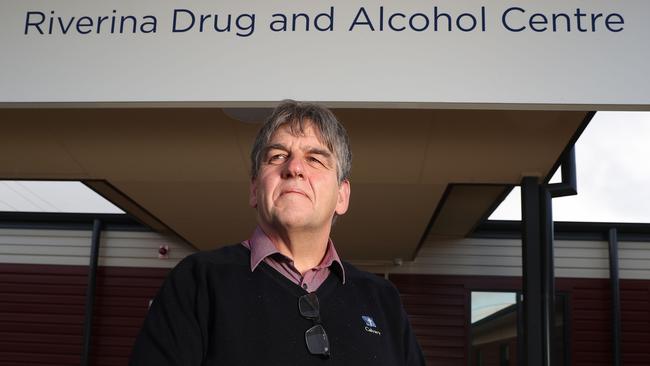
‘I WAS KNOCKING ON DEATH’S DOOR’
Rickilee has put on 18kgs in the past few months and could not be happier.
While most other women would worry about the sudden weight gain, for the 36-year-old it is a sign she is making her way back from a very dark place.
It is also a sign her children will be coming home soon.
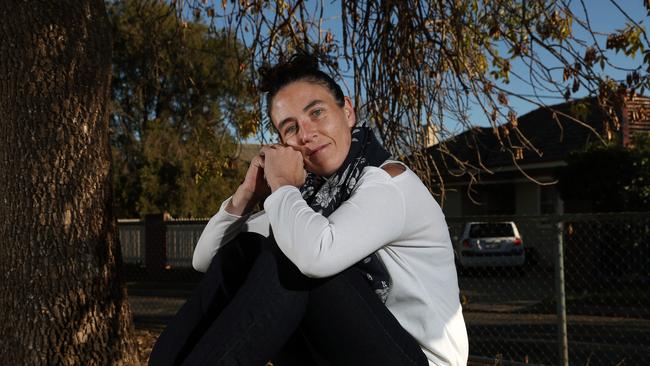
She was 47kg, a mother of nine and an ice addict with a $200 a day habit when she was taken into the Wagga Wagga Calvary Riverina drug and alcohol program.
“I was knocking on death’s door,” the Nowra mother, said with no sense of drama.
“Ice is a life destroyer. You have no feelings. I could have watched a close family member of mine hit by a bus and I wouldn’t have cared.
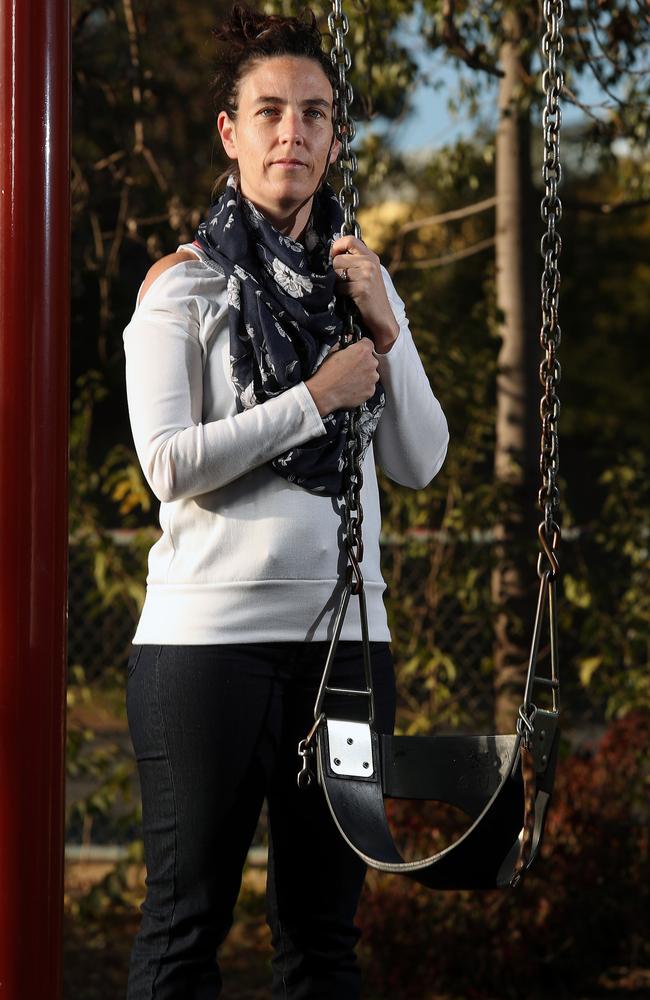
“That’s what it does to you. If I knew it was like that I wouldn’t … I have a saying, you live to use then you are using to live, that’s how it is, you can’t wait for the feel of it but then it becomes using to live, it’s got you.”
With the loss of sense and sensibilities and her drug habit cutting deep into her family weekly food shop and opportunities to borrow money from everyone she knew exhausted, Rickilee herself contacted Family and Community Services who came and took her young children away to put them into foster care.
“They say the hardest part of an addiction is admitting you have a problem but it’s not. Every addict knows they have a problem,” she said.
“My hardest part was when I actually put the children in the car, Soldier, my little boy was five, and he said ‘look after mummy’. They thought they were going on a holiday, and Koby, he is four, and he said, ‘I will be back at 7pm tomorrow night’. But they weren’t. It was hard for me because I knew damn straight they were not coming home.”
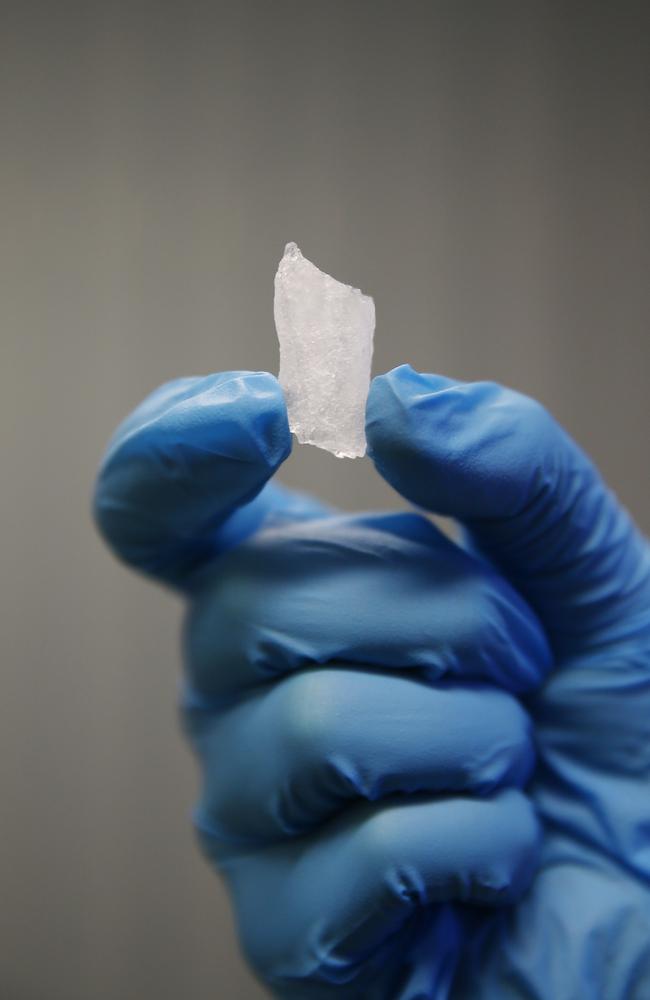
That was in January and Rickilee is now five weeks away from completing her rehabilitation and that means gradual access to her family.
She has moved permanently to Wagga, has a job at a bakery, and people around who care about her.
Ice was her coping mechanism after the death of her parents and she said it was so accessible in Nowra they were practically giving it away to get you hooked.
“I will get my family back together. That’s what has kept me going. I have to do this,” she said.


